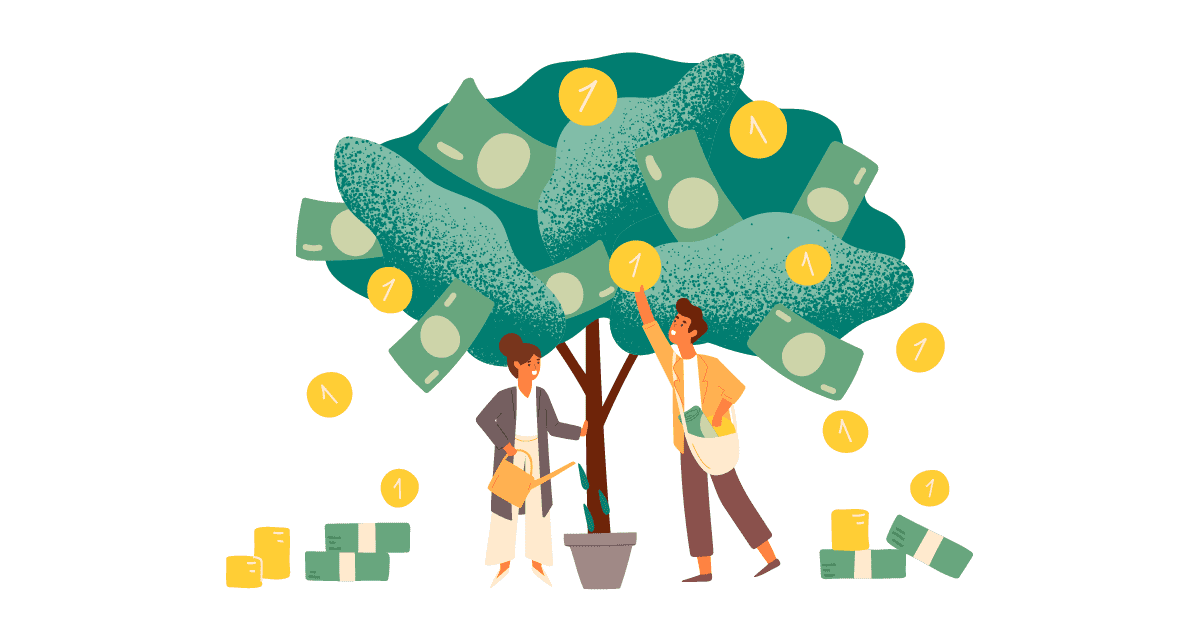- Guest Contributor
- April 15, 2021
Shared bank accounts can seem like a possible solution for partners, siblings or even close friends. Being able to access money shared with someone you trust sounds great. While there are some definite advantages to opening a shared bank account, it’s not a good idea for everyone. Here we go through the main features that a shared bank account offers so you can see if it’s the right banking fit for you.
Both Parties Can Withdraw and Deposit from a Shared Bank Account
The primary feature of a shared bank account is that there are two people with equal access to the account, free to both deposit and withdraw. In general, both people have full access and ownership to the account. Generally, it is even possible for just one person to close the account if they go in person.
It is necessary that there is a strong level of trust between both parties when combining funds into one account. It also requires that important financial discussions take place beforehand. This includes discussions around depositing and withdrawing money. For two people who feel comfortable with all of this, a shared bank account can offer a great deal of convenience. It can even act as a safeguard if one party passes away suddenly, allowing the other partner to still be able to access funds immediately.
Shared Bank Accounts Create Shared Responsibility for Management (and Mismanagement) of the Account
The advantage to this is that it allows a couple to cater to their strengths. For instance, one member might be in charge of paying bills on time while the other might be best at managing the overall budget. Another pro is that means there are two sets of eyes looking out for any issues that may arise. It also requires transparency. Both parties will see the full picture about how any funds are spent. This can be seen as both a pro and a con.
This also means that both partners are on the hook for any mismanagement, fees and debts. If one party runs up overdraft fees, both are responsible to pay it. If one party has unpaid debts, creditors can come after the money in the shared bank account for payment. It can also complete matters when the two parties have different types of taxation.
Adds Banking Convenience Including for Bill Payments and Saving Up
Overall a shared bank account allows two people to combine funds so that they can more easily pool their money for paying bills and saving. It can help you achieve goals so you’re no longer scheduling your life around payments. And it can help you to save up together, be it for an emergency fund or a dream vacation.
A joint bank account can help two people work together financially more easily, but it’s critical to have a strong level of trust beforehand.
About the Author: Alexandra Mendez-Diez has worked as a freelance writer and editor for the past decade. She loves that the job entails writing about such a wide variety of topics, ranging from cattle-handling best practices to how-to guides for tracing ancestry through cookbooks, with all kinds of exciting stops along the way.










